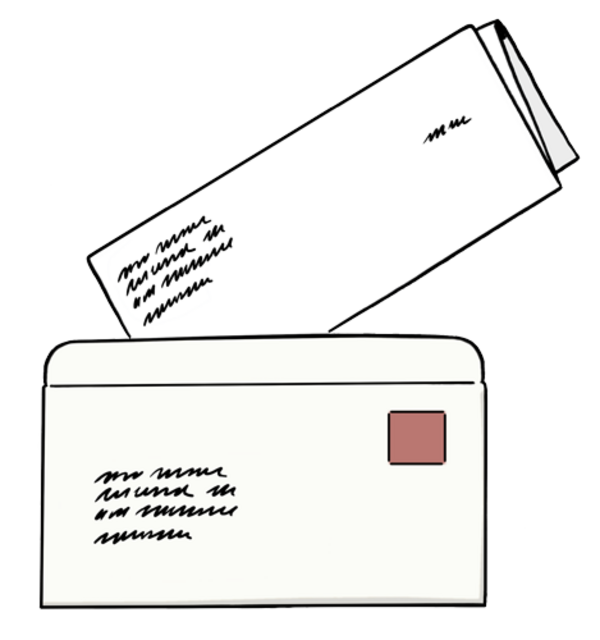The basis for the fees for waste is a statute of the district.
The statute is called the Waste Management Statute.
A statute lays down rules.
The fee is determined by this:
- How many people live in a household.
It depends on
how many people are registered with the authority.
This can be a main residence.
It can also be a secondary residence.
- How often the bin is emptied.
The garbage cans (residual waste and organic waste) have a chip in them.
The chip can measure when the garbage can is emptied.
Please note:
Organic waste must not be disposed of with the residual waste.
Every household needs a garbage can for organic waste.
You can either have your own garbage can
or you can share one with a household.
You can ask your neighbors.
This is called a shared bin
if you share a garbage can.
If you move, you may have to order a new garbage can.
Sometimes you can take over the garbage cans from the previous tenants.
You receive a letter once a year.
The letter tells you how much you have to pay for waste.
It is a fee for the whole year.
The waste fee is a payment in advance.
It is calculated on the basis of how often the waste was emptied last year.
You can use the SEPA direct debit procedure.
There is a number at the top of the letter.
This number belongs to you.
This number is called the booking reference.
You must enter this number.
Each garbage can has a number with 7 characters.
You must also enter this number.
Then the office knows which garbage can belongs to you.
You must also enter your telephone number.
Then the office can call you back.












